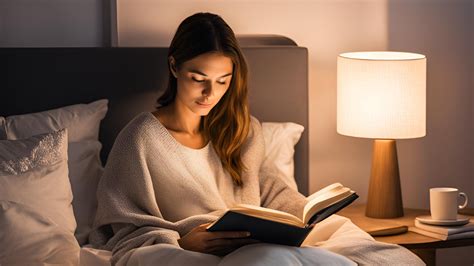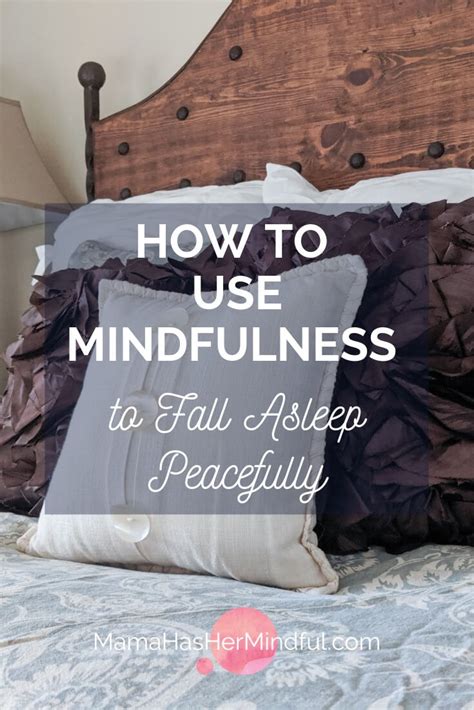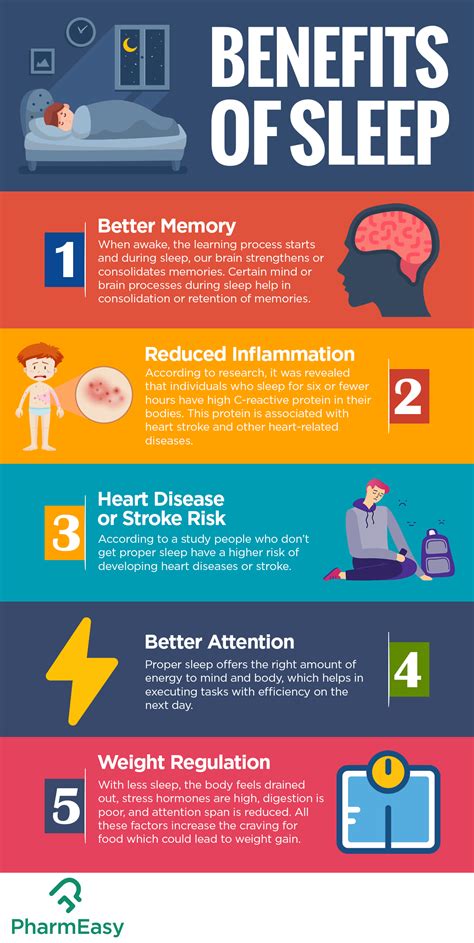What evening ritual improves sleep onset?

Struggling to fall asleep can be a frustrating experience, often leaving you feeling tired and less productive the next day. The good news is that cultivating a thoughtful evening ritual can significantly enhance your ability to drift off to sleep quickly and peacefully. This isn’t just about going to bed; it’s about signaling to your body and mind that it’s time to wind down and prepare for rest.
Understanding Sleep Onset
Sleep onset refers to the transition period from wakefulness to sleep. For many, this transition is not seamless. Factors like stress, screen time, caffeine, and an irregular schedule can all interfere with our natural ability to initiate sleep. A well-designed evening ritual aims to mitigate these disruptions, creating optimal conditions for your body’s natural sleep processes to take over.

The Power of a Consistent Evening Routine
Consistency is key when it comes to sleep. Our bodies thrive on routine, thanks to our internal circadian rhythm. Engaging in the same calming activities each night, at roughly the same time, helps to reinforce this rhythm, making it easier for your body to recognize when it’s time to sleep.
Key Components of an Effective Evening Ritual
Set a Regular Sleep Schedule
Go to bed and wake up at the same time every day, even on weekends. This regularity helps to regulate your body’s internal clock and can significantly improve sleep onset and quality.
Create a Relaxing Environment
Your bedroom should be a sanctuary for sleep. Ensure it is dark, cool (ideally between 60-67°F or 15-19°C), and quiet. Consider blackout curtains, earplugs, or a white noise machine if needed.

Incorporate Wind-Down Activities
About 60-90 minutes before your desired bedtime, begin a series of relaxing activities that signal the end of your day:
- Read a Physical Book: Ditch the e-reader or tablet; the blue light from screens can disrupt melatonin production.
- Take a Warm Bath or Shower: The drop in body temperature after a warm soak can promote drowsiness.
- Practice Gentle Stretching or Yoga: Release physical tension without over-stimulating your body.
- Listen to Calming Music or a Podcast: Choose something soothing that doesn’t demand too much attention.

Limit Stimulants and Screens
Avoid caffeine and alcohol in the hours leading up to bedtime. While alcohol might initially make you feel drowsy, it disrupts sleep cycles later in the night. Crucially, turn off all electronic screens (phones, tablets, computers, TVs) at least an hour before bed. The blue light emitted by these devices suppresses melatonin, the hormone that makes you feel sleepy.
Practice Mindfulness and Relaxation
Techniques that calm the mind can be incredibly effective. Consider:
- Deep Breathing Exercises: Focus on slow, deep breaths to activate your parasympathetic nervous system, signaling relaxation.
- Progressive Muscle Relaxation: Tense and then relax different muscle groups throughout your body to release tension.
- Meditation: Even a few minutes of guided or unguided meditation can quiet a busy mind.

Building Your Personalized Ritual
While the above are general guidelines, the most effective evening ritual is one tailored to your personal preferences and needs. Experiment with different activities to discover what truly helps you relax and feel sleepy. The goal is to create a predictable sequence of events that your body associates with sleep.
Conclusion
Implementing a consistent and calming evening ritual is one of the most powerful strategies for improving sleep onset. By consciously creating a buffer between your day’s activities and your bedtime, you provide your mind and body with the essential signals needed to transition smoothly into restful slumber. Prioritize this ritual, and you’ll likely find yourself drifting off to sleep more easily and enjoying deeper, more restorative rest.







